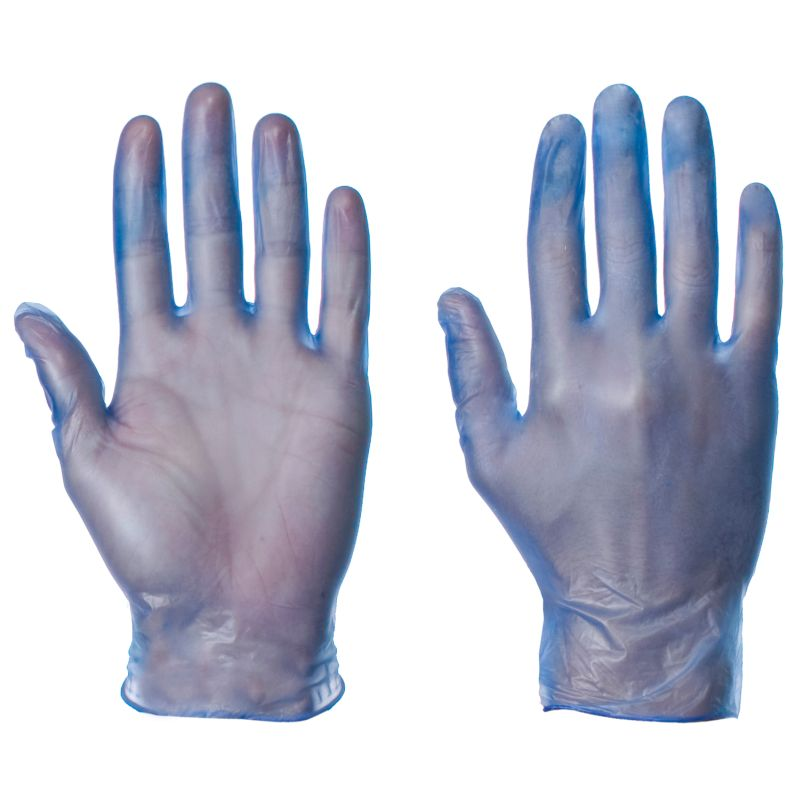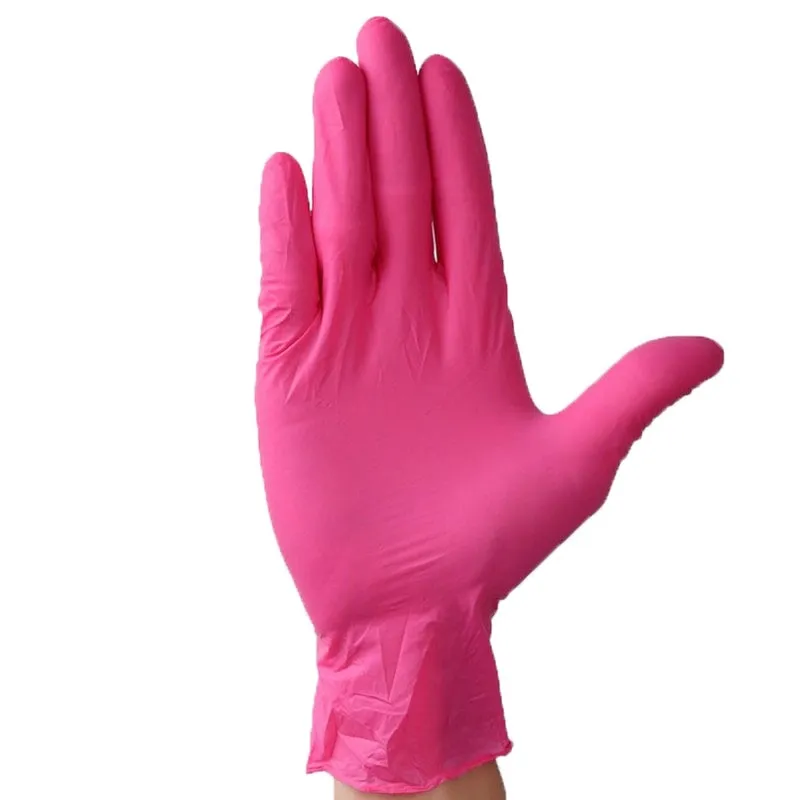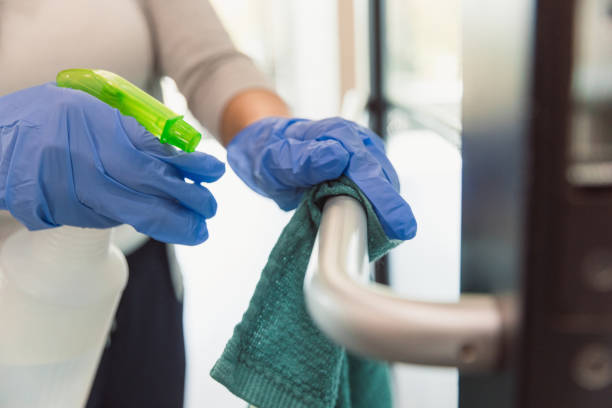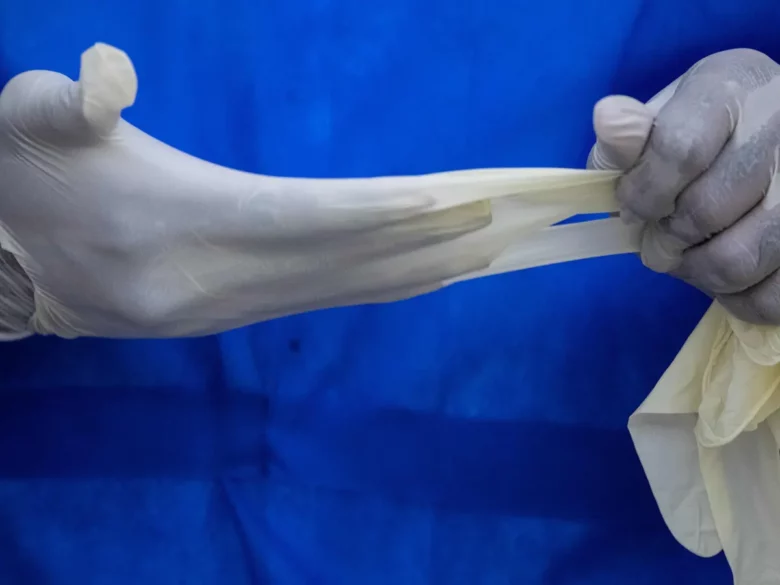Higher safety standards are necessary in several professions. Disposable gloves are essential for worker safety in a variety of industries, including the medical profession, manufacturing, the food industry, tattoo parlors, and more.
Depending on the sort of job you conduct, several types of gloves are needed. We’ve compiled seven suggestions to help you choose the disposable glove that’s best for your area of work.
Let’s examine the components and purposes of each kind of vinyl disposable gloves.
1. Gloves: Powdered vs. Unpowdered
Either powdered or unpowdered gloves are preferred by medical experts. It often depends on how much lubricant they want.
The usage of powdered gloves stems from the powder’s ability to function as a lubricant. It is simpler to put them on and take them off.
It is unknown if the powder used might induce allergies. They are made powdered using non-irritating cornstarch.

The sole caution with these disposable gloves is that if someone wearing them has an open wound, they may prevent healing. It enters the exposed tissues and hinders the healing process.
Newer gloves include a specific inside coating that won’t prevent healing in lieu of the cornstarch inner coating.
However, powered gloves have been prohibited for use in surgical and medical examinations by the US FDA since January 19th, 2017 due to worries about probable airway and wound inflammation in certain patients.
3. Non-Sterile vs. Sterile
Sterile disposable gloves are often used by surgeons because they adhere to FDA quality criteria. All sterilized disposable gloves must adhere to a specified assurance level set by the FDA.
There is a one-in-a-million possibility that the gloves are not sterile when the requirements are satisfied. When sterilization is done properly, even the most resilient germs cannot survive.

Sterile gloves are often only used during surgical operations. The gloves cost extra since they are of better quality.
To avoid contamination, sterile gloves are packed individually, while non-sterile gloves are sold in bulk.
Other medical practitioners carry out minor outpatient operations using non-sterile gloves. Since they don’t do surgery, these staffs don’t need to be as sterilized.
Non-sterile gloves are primarily used to prevent medical personnel from coming into touch with body fluids. Disposable gloves help prevent patient contact with the caregiver even while medical workers follow proper hygiene practices.
3. Latex disposable gloves in medical rooms
When handling water-based and biological products, latex disposable gloves are preferable. When it comes to chemicals or solvents, they perform poorly.
Of all the disposable glove options, they are the cheapest. Given that they are often supplied in quantity, this makes them the most popular disposable gloves for examination rooms.
Due of their resistance to biological materials, surgeons trust latex disposable gloves.
It’s crucial to remember that certain individuals have allergies to latex, thus there should always be another option for disposable gloves than latex. An allergic response might result in a rash on the skin.

Make sure neither your personnel nor your patients are allergic if you plan to use latex disposable gloves primarily.
It’s also important to wear latex disposable gloves correctly to avoid contamination and tearing. You can also read Helpful tips on how to use disposable gloves by visiting http://sunshineoriginals.com/helpful-tips-on-how-to-use-disposable-gloves/
Correct Fit
When disposable gloves don’t fit well, there’s a chance of contamination and harm.
In the region between your thumb and palm, in particular, overstretching and tearing may occur when a glove is too small. Both the patient and the caregiver may be at risk from these tears. A tight fit also limits the flexibility and range of motion of the hands.
Too-large gloves might make it harder to maneuver while executing operations. If the glove is uncomfortable, your grip is also compromised.
The right way to put them on
As crucial as the fit is how you put them on. Only use clean hands to apply them, and make sure they are absolutely dry before you do. If not, toxins might be transferred via the water.
Never touch the outside of the glove or place the gloves on a filthy surface before putting them on. Remove any jewelry, including rings and watches.
Taking Them Out
Keep in mind not to contact the glove’s outside with your bare hands. You can come into touch with unwelcome chemicals or bodily fluids.
Vinyl gloves for janitorial work
Vinyl gloves are often affordable and readily accessible for work that requires frequent adjustments. Vinyl gloves are available in powder-free varieties.
People in the food business often utilize them because of how frequently they are used as disposables. They lack the necessary tools to do difficult or dangerous work.
They are often used by janitorial crews when only a little, non-hazardous cleaning is necessary. The gloves are not immune to corrosive substances or body fluids.

Nitrile Gloves for the Food Industry
Medical practitioners should wear nitrile disposable gloves while doing exams. Because of their excellent resistance to oils and acids, they are frequently used for laboratory research and food preparation.
Both reusable and disposable varieties are offered. Although these disposable gloves are robust and puncture-resistant, they have little flexibility. Professionals should utilize them carefully due to their lack of versatility.
PVC gloves research at the lab
Alcohol, bases, and acids won’t harm PVC gloves. But these disposable gloves are vulnerable to cuts and punctures.
They are often utilized by researchers in hospitals, labs, and other medical settings where the use of machines or sharp items is not necessary.
The fact that this material is detergent resistant makes it a fantastic option for cleaning specialists.
Neoprene gloves are a part of the industrial sector
These gloves, which are also known as chloroprene disposable gloves, are utilized because of how pleasant they are. The gloves have a brushed inside that is lined on the inside. Hours of wear are possible for users with little pain.
Neoprene gloves are utilized for a range of applications because of their great chemical resistance.
It functions well for persons who operate in labs with potentially toxic compounds because of the excellent chemical resistance. They are able to shield the skin from contaminating bodily fluids. The sturdy and long-lasting nature of neoprene makes it perfect for cleaning duties.
Neoprene disposable gloves are almost never disposable, which limits their usage to certain medical procedures. It is not advised to use them to handle food or drinks. You can also read about Changing gears: Medical gloves in the era of coronavirus disease 2019 pandemic by clicking here.


